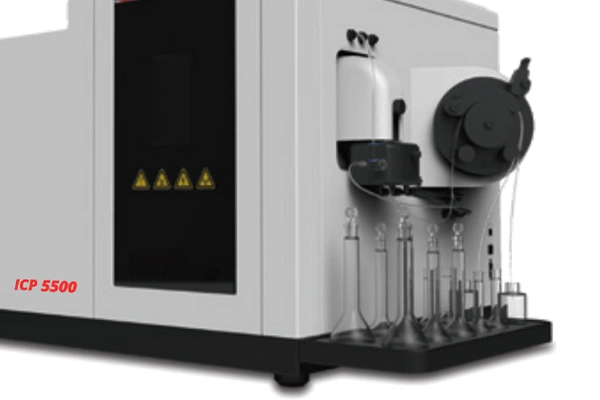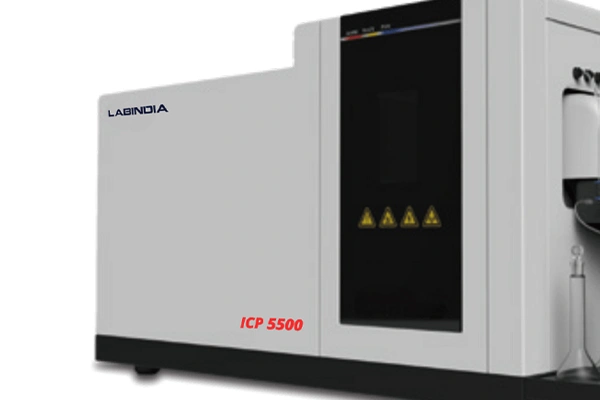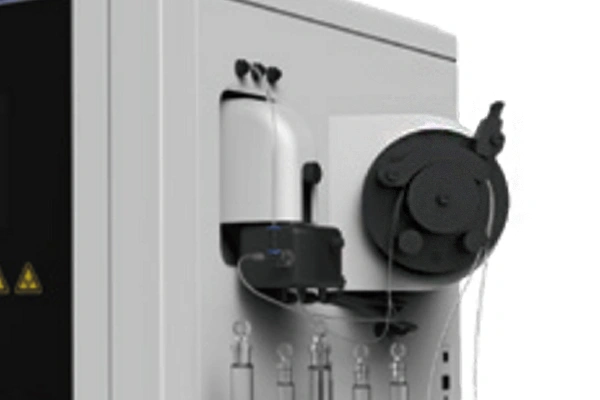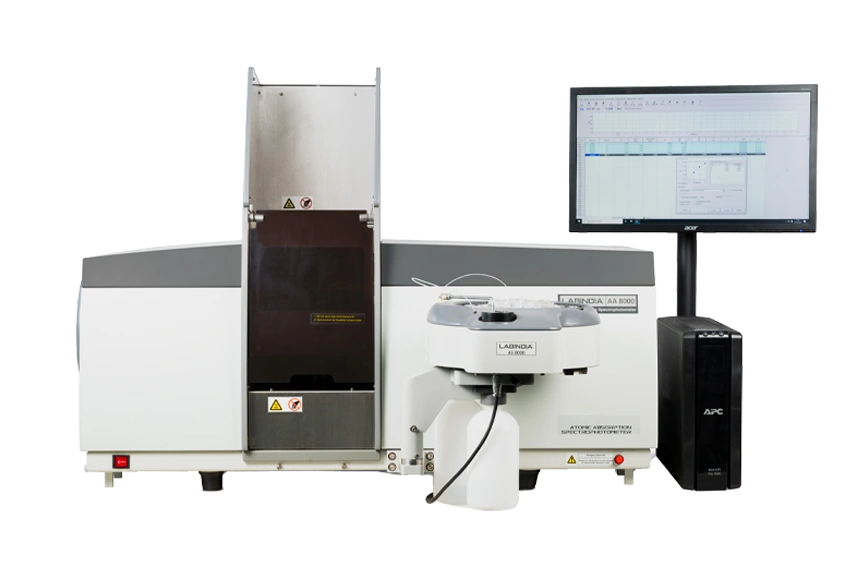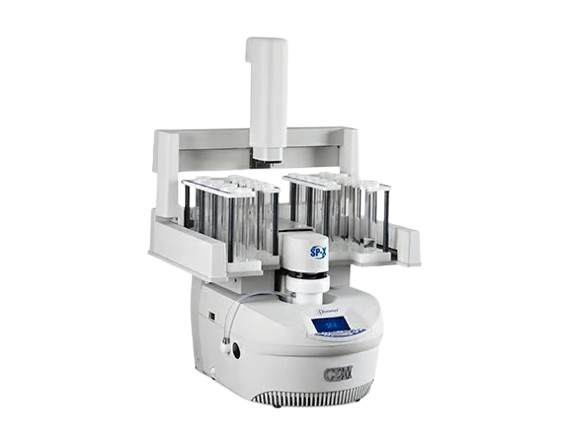ICP-MS 5500
The Labindia ICP-MS 5500 is a next-generation Inductively Coupled Plasma Mass Spectrometer (ICP-MS) designed to meet the most demanding analytical challenges. Featuring cutting-edge ion optics, advanced collision/reaction technology, and a high-sensitivity quadrupole mass analyzer, it ensures exceptional accuracy, reliability, and interference-free detection. Ideal for environmental analysis, industrial quality control, and high-purity material testing, the ICP-MS 5500 delivers precise elemental analysis from ultra-trace to high-concentration levels.

Suggested Products
- Atomic Absorption Spectrophotometer AA8000
- Microwave Digestion Sequential
INNOVATIVE TECHNOLOGY
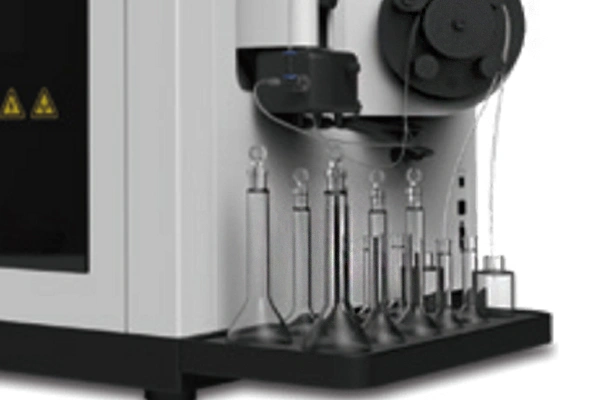
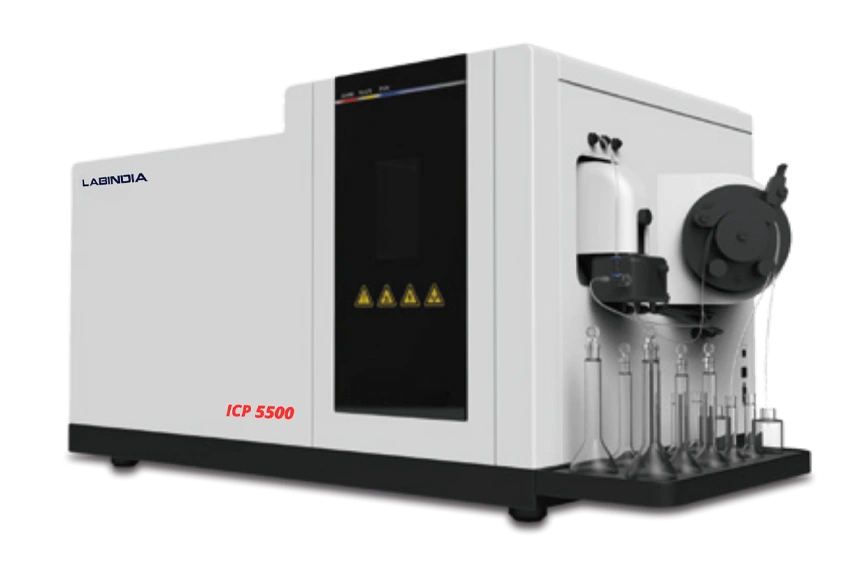
The ICP-MS 5500 is engineered with a high-efficiency injection system that incorporates a double taper ion interface for superior ion extraction and minimal matrix interference. The optimized full MFC gas control system allows precise handling of atomizing, auxiliary, and cooling gases, as well as collision/reaction gases for complex sample analysis. Its TEC Refrigerated Injection System ensures stable operation and minimizes oxide formation, making it ideal for handling organic solvents and high-salt matrices without additional dilution steps.
Key Features
At the core of the ICP-MS 5500 is a high-precision quadrupole mass analyzer made from pure molybdenum, offering exceptional thermal stability and long-term accuracy. The high-speed dynamic collision reaction cell, featuring a compound electric field and gas diffusion technology, efficiently eliminates spectral interferences, enhancing detection sensitivity. The composite ion transport system ensures efficient ion transfer while minimizing neutral particle interference, allowing for precise elemental analysis across diverse sample types, from trace-level environmental contaminants to high-purity industrial applications.
ADVANCED ION OPTICS AND MASS ANALYZER
